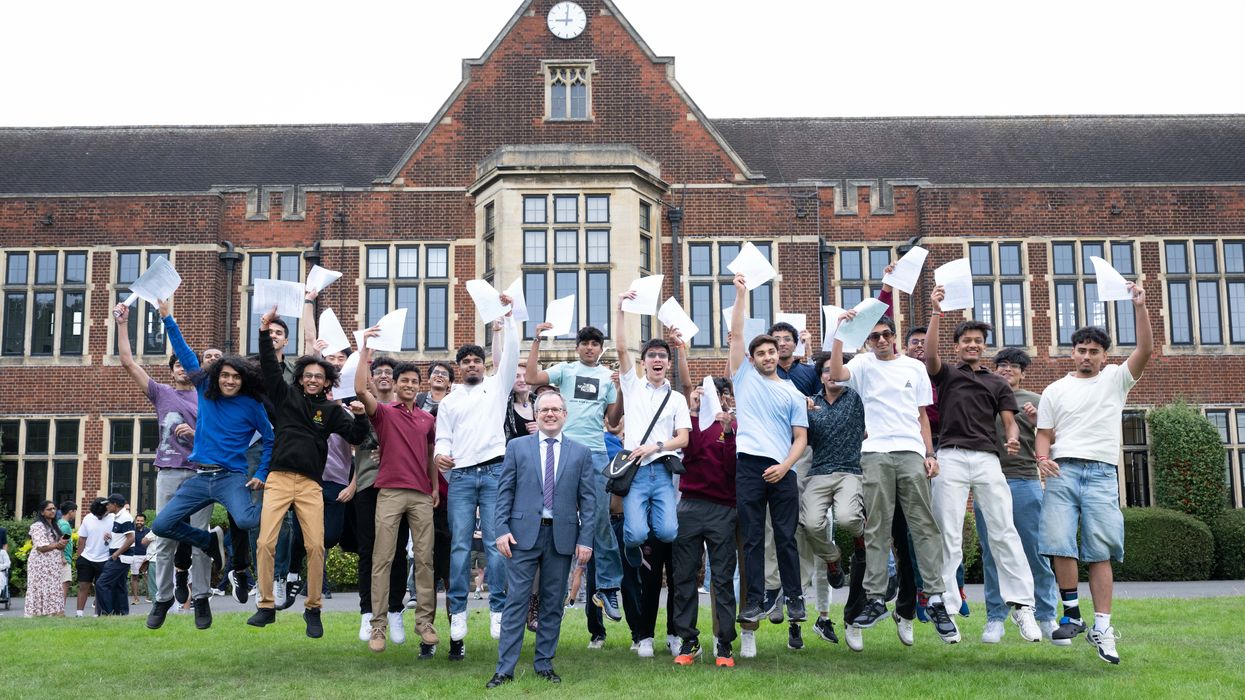AS a prominent business psychologist, Binna Kandola’s research on prejudice, unconscious bias, privilege, and power has brought many changes at individual, organisational, and societal levels.
Known for his consultancy firm Pearn Kandola, which he jointly founded in 1984, could arguably be referred to as a business idea ahead of its time. It was the first organisation to call itself a practice of occupational psychologists.
“Before 1984, when the firm was created, this has never happened. They focus on research, creating links with academic institutions, and the desire to bring occupational psychology to the forefront of organisations enabled the business to be recognised as one based on scientific evidence that will bring about real change. In particular, the focus on equal opportunities (as it was called in 1984), diversity, and inclusion made it very different from other consultancy organisations,” Kandola told GG2 Power List.
Last year it was recognised as one of the best places for women to work in the Great Place To Work survey.
Several research projects have been published in the last 12 months by Pearn Kandola. Disability in the workplace was a research carried out in the United Kingdom and the USA that looked at the experience of the disabled staff at work and compared them to line managers' attitudes to disability. The research Racism at Work demonstrated that not much has changed for black and Asian staff in the workplace.
Another research, Impact of hybrid working, looked at employees' experience working virtually, pinpointing its many benefits and drawbacks. Religious expression at work examines people's experiences following the faith of six religions: Buddhism, Christianity, Hinduism, Islam, Judaism and Sikhism. Over 6000 people have participated in the research making it one of the largest surveys of religious expression in the workplace. Two reports have already been published – on Hinduism and Christianity. The other reports will be published in the New Year.
Kandola has also produced a podcast series called Making the World Fairer, which was placed in the Highly Commended category for the prestigious Digital Impact Awards held recently in London.









